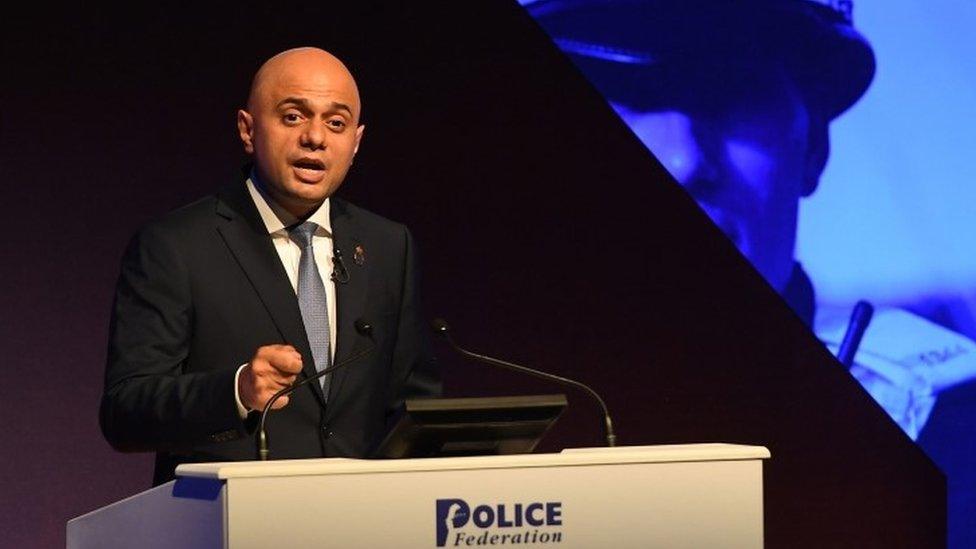Focus on violent crime not misogyny, says police chief
- Published
- comments
Chief Constable Sara Thornton: "The reality is we can't just do everything"
Police should focus on burglary and violent crime and not incidents such as misogyny where no offence has been committed, a senior officer has said.
Chief Constable Sara Thornton said forces were too stretched to deal with "deserving" issues, such as logging hate incidents against women.
Claims against dead people were also taking resources from tackling "today's crime today", she told a conference.
She called for a "refocus on core policing".
Speaking to police chiefs and police and crime commissioners, Ms Thornton expressed concern about a review into whether misogyny should be treated as a hate crime.
Misogyny is the hatred, dislike or prejudice against women.
Ms Thornton, chair of the National Police Chiefs' Council, said that while "treating misogyny as a hate crime is a concern for some well-organised campaigning organisations", forces "do not have the resources to do everything".
She added: "I want us to solve more burglaries and bear down on violence before we make more records of incidents that are not crimes", adding she hoped the review "takes account of the pressure on forces before suggesting the law is changed".
Ms Thornton, the former head of Thames Valley Police, highlighted Home Office statistics, external published last week that showed arrests in England and Wales have halved in the last decade.
She told the conference: "We are asked to provide more and more bespoke services that are all desirable - but the simple fact is there are too many desirable and deserving issues."
She added: "Neither investigating gender-based hate crime or investigating allegations against those who have died are necessarily bad things - I just argue that they cannot be priorities for a service that is over-stretched."
But Sue Fish, the former chief constable of Nottinghamshire Police, which has been reporting incidents of misogyny as a hate crime for the past two years, told BBC Radio 4's The World at One that Ms Thornton's comments were "shameful".
She said: "We're reinforcing that women are not worthy or any sort of service from the police," she said, adding that historically, police treatment of female victims of rape and domestic violence had been "appalling".
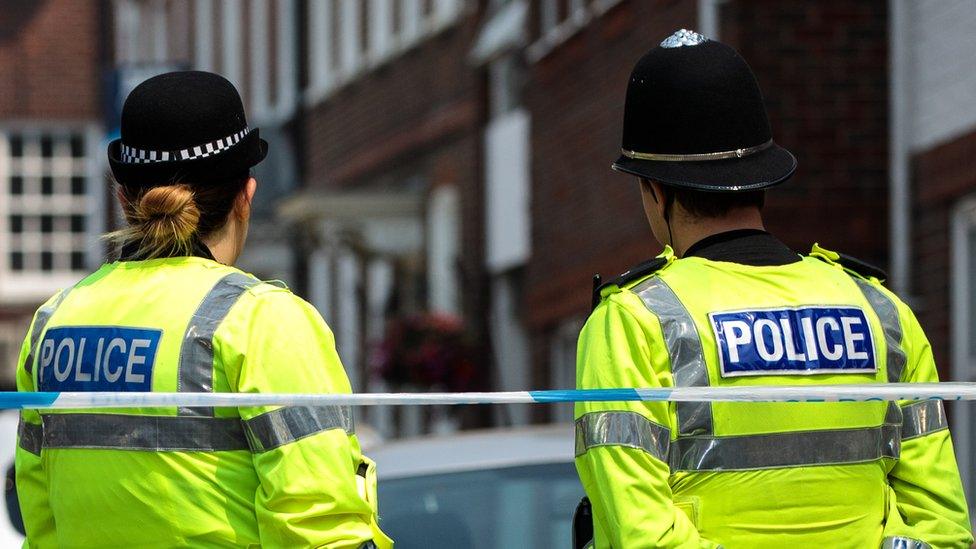
Since 2010 police chiefs say funding in England and Wales has decreased, in real terms, by nearly a fifth, and there are 20,000 fewer officers.
Richard Garside, director of the Centre for Crime and Justice Studies, said Ms Thornton's intervention comes as the government seeks to improve the investigation and reporting of hate crimes, external.
"She's trying to send a message back to government, saying, 'look you're trying to get us to do more and more, well how on earth are we supposed to do all of this and also focus on the core activities,'" he said.
Security minister Ben Wallace said police should prioritise resources based on the level of harm caused by a crime, and forces were free to make these decisions as they saw fit.
He added that hate crimes were still important and in some cases could spark other problems such as exploitation and community friction.
Speaking at the conference, Home Secretary Sajid Javid acknowledged police were "feeling stretched" but promised forces would have the resources they needed by 2019-2020.
But shadow home secretary Diane Abbott said forces could not do "more with less".
Police should not have to "pick and choose" between crimes, and if misogyny was made a hate crime the government must provide the funding to tackle it, she added.
- Published16 October 2018
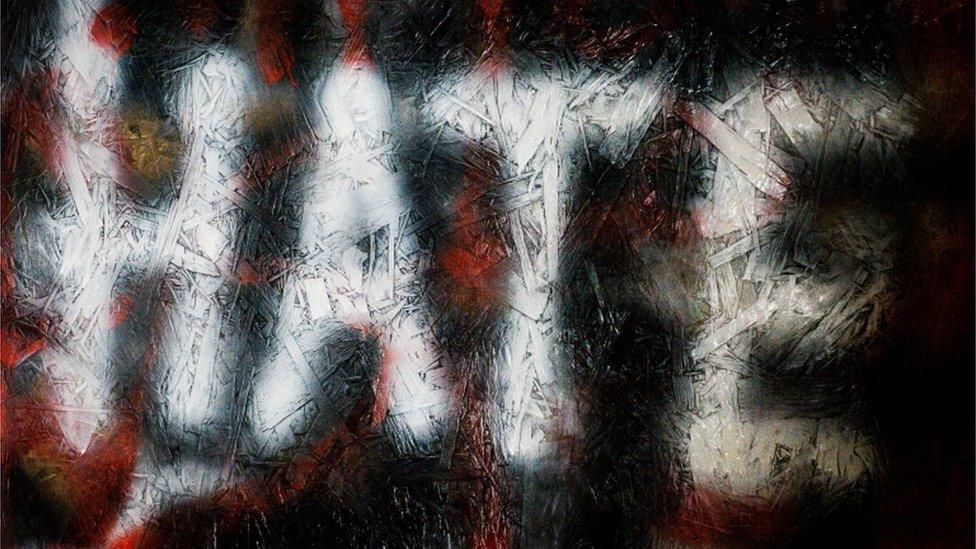
- Published6 September 2018
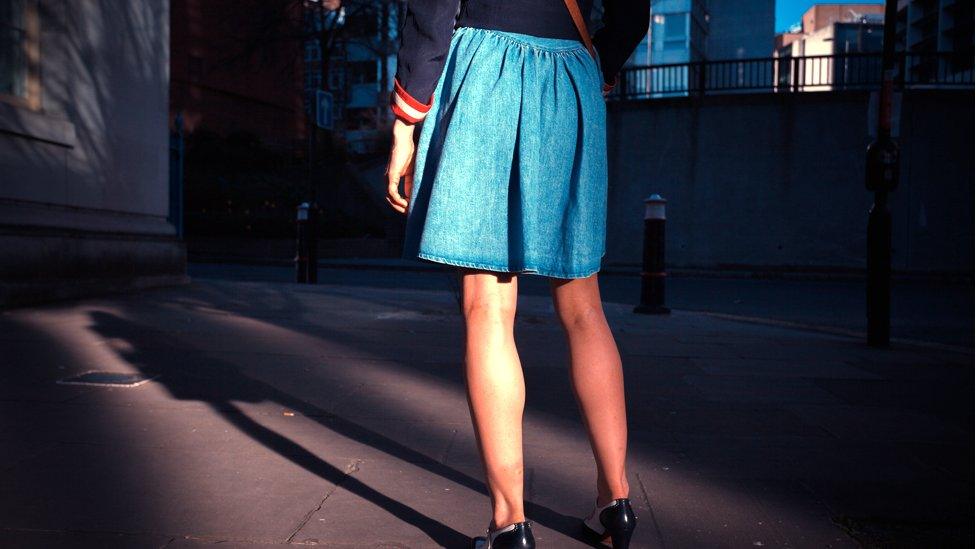
- Published11 September 2018

- Published25 October 2018
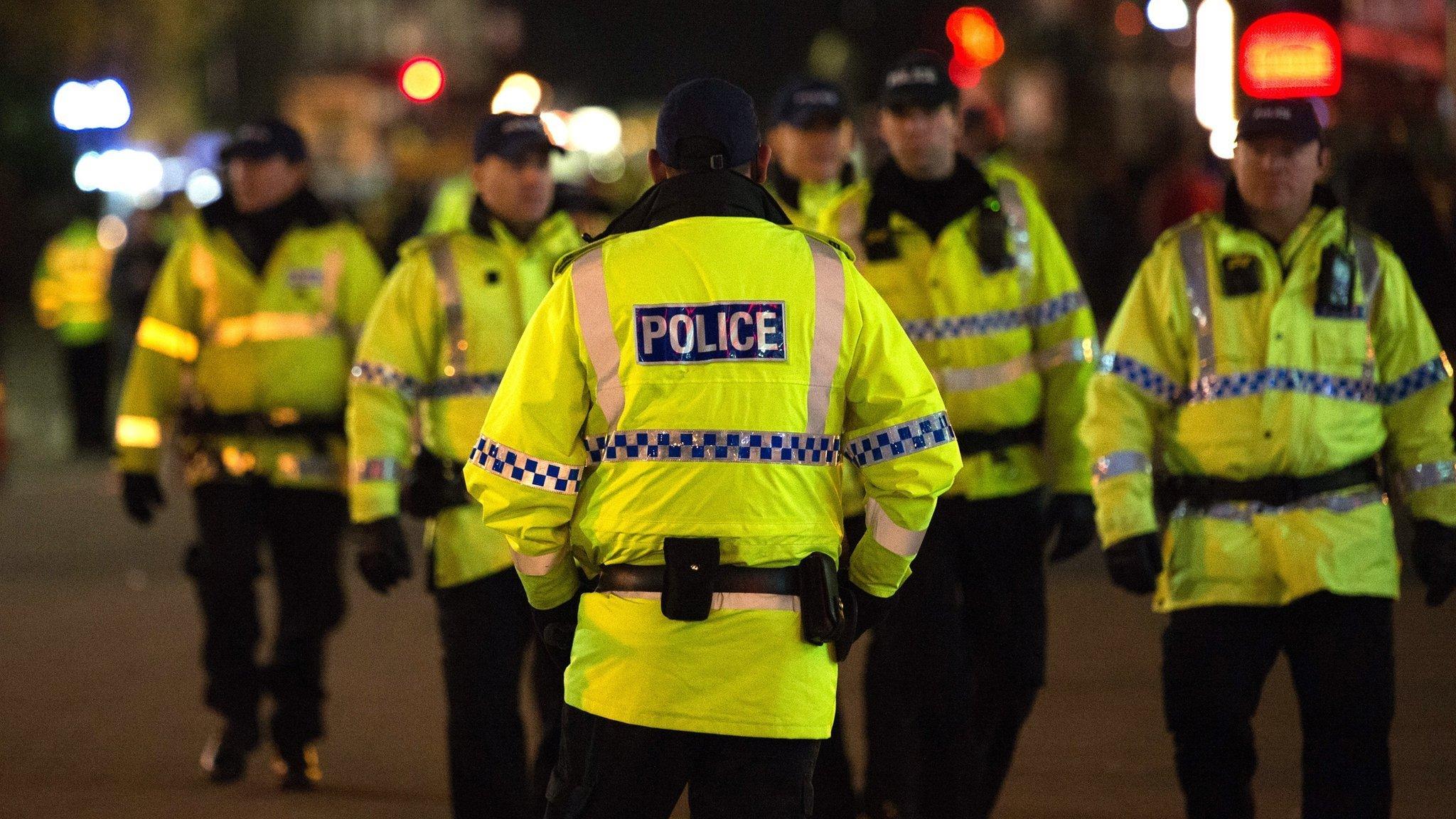
- Published23 May 2018
